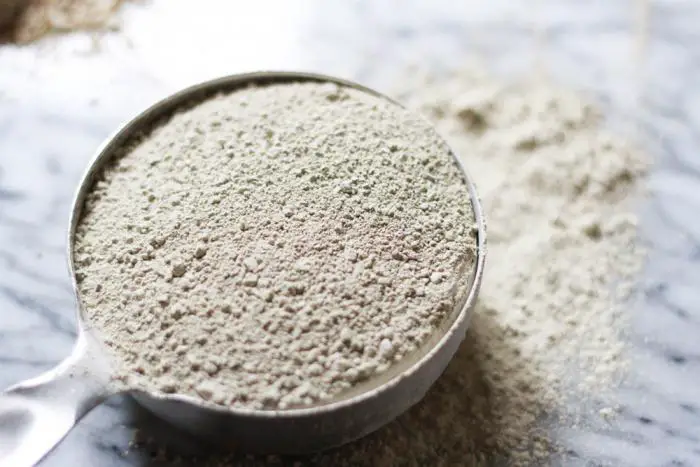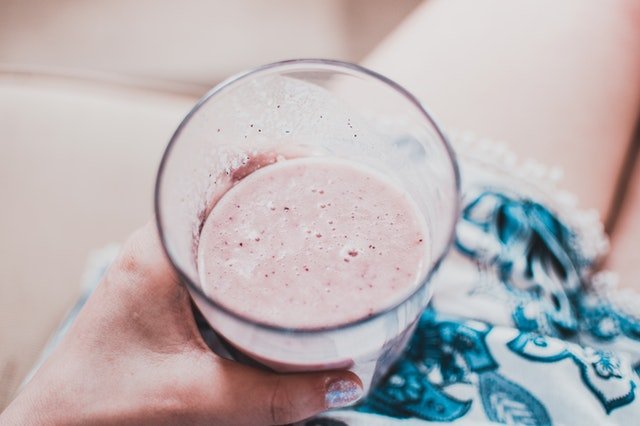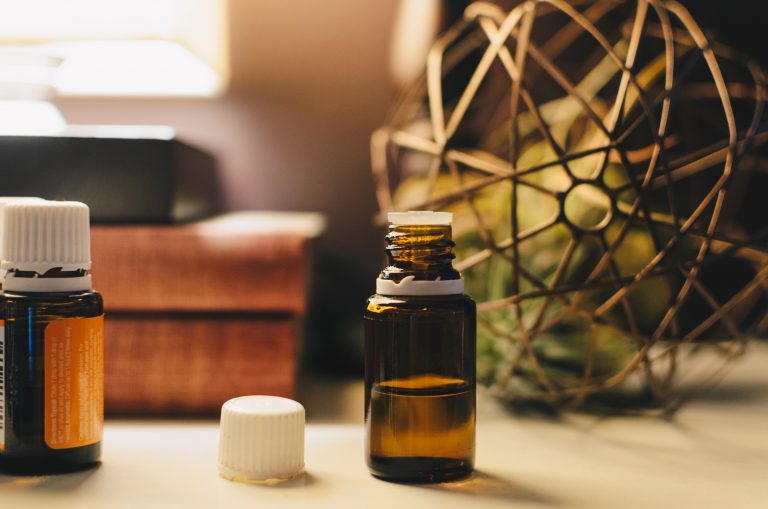Make Your Own DIY Bug Spray with Essential Oils
If you’re looking for a way to ward off pesky bugs without harmful chemicals, there’s a simple solution: make your own DIY bug spray with essential oils. Not only is it more natural and gentle on your skin, but it can also be customized to your liking. In this article, we’ll go over why you should choose DIY bug spray with essential oils, the benefits of natural bug repellents, and which essential oils to use. Plus, we’ll discuss which carrier oils are best to mix with your essential oils so you can create the perfect blend for your skin.
Why Choose DIY Bug Spray with Essential Oils
Commercial bug sprays are a common go-to for people looking to keep pesky bugs at bay during the warmer months. However, these sprays often contain harsh chemicals that can irritate the skin and even be harmful to our health. The good news is that you can make your own bug spray using essential oils, which allows you to control exactly what goes into your product, ensuring that it’s safe and non-toxic.
Not only is DIY bug spray a safer option, but it can also save you money in the long run. By purchasing a few key ingredients and making your own spray, you can avoid the high cost of commercial bug sprays that often come in small, single-use containers.
Benefits of Natural Bug Repellents
Natural bug repellents have many benefits over their commercial counterparts. For starters, they can be just as effective at repelling bugs. Essential oils such as citronella, peppermint, and eucalyptus are all known for their bug-repelling properties and can be used in DIY bug spray recipes.

Additionally, natural bug sprays are often gentler on the skin and don’t have the same strong, chemical scent. Using natural ingredients means you can avoid unnecessary exposure to potentially harmful chemicals, making it a better choice for those with sensitive skin or allergies. Plus, essential oils have a variety of other health benefits, such as reducing stress and promoting relaxation.
Avoiding Harmful Chemicals in Commercial Bug Sprays
One of the most concerning ingredients in commercial bug sprays is DEET, which is a known neurotoxin and can be harmful when absorbed into the skin. Pyrethroids, another common ingredient, have also been linked to respiratory problems and other health issues.

By making your own bug spray with essential oils, you can avoid these harmful chemicals and still keep the bugs at bay. Essential oils are a natural alternative that have been used for centuries for their medicinal and therapeutic properties.
Overall, DIY bug spray with essential oils is a safe, effective, and affordable option for keeping bugs away during the summer months. Whether you’re looking to avoid harsh chemicals, save money, or simply enjoy the satisfaction of creating something yourself, making your own bug spray is a great choice.
Essential Oils That Repel Bugs
Are you tired of pesky bugs ruining your outdoor adventures? Essential oils are a great way to naturally repel bugs without having to resort to harmful chemicals. Here are some of the best oils to use:
Lavender Oil
Lavender oil is not only a soothing scent, but it’s also a great bug repellent. Mosquitoes and flies dislike the aroma, making it a great addition to your DIY bug spray. Plus, lavender oil is known for its calming properties, so it can help you relax and enjoy your time outdoors even more.
Citronella Oil
Citronella oil is probably the most well-known bug repellant oil. It’s commonly found in candles and outdoor sprays and can help keep mosquitoes, flies, and other insects away. Citronella oil is derived from the leaves and stems of lemongrass, giving it a refreshing lemony scent.
Lemongrass Oil
Lemongrass oil has a citrusy scent that’s refreshing and effective at repelling bugs. It’s particularly good at keeping away ticks and fleas. In addition to its bug-repelling properties, lemongrass oil is also known for its anti-inflammatory and analgesic effects, making it a great choice for soothing bug bites.
Peppermint Oil
Peppermint oil has a strong scent that bugs dislike, making it a great choice for DIY bug spray. It’s particularly good at keeping ants and spiders away. Peppermint oil is also known for its cooling and invigorating properties, which can help you feel refreshed and energized during your outdoor activities.
Eucalyptus Oil
Eucalyptus oil has a strong scent that repels many bugs, including mosquitoes and ticks. It’s also a natural anti-inflammatory, which can help soothe any bites you do get. In addition, eucalyptus oil is known for its respiratory benefits, so it can help you breathe easier during your outdoor adventures.
Tea Tree Oil
Tea tree oil is not only great for skin care, but it’s also an effective bug repellent. It’s particularly good at keeping away fleas, ticks, and mosquitoes. Tea tree oil is derived from the leaves of the tea tree plant, which is native to Australia. It has a fresh, medicinal scent that can help you feel invigorated and refreshed.
Next time you plan an outdoor adventure, make sure to pack some essential oils to keep the bugs at bay. Not only will you be able to enjoy the great outdoors without being bothered by insects, but you’ll also benefit from the natural properties of these amazing oils.
Choosing the Right Carrier Oil
While essential oils are great at repelling bugs, they can be too strong when used alone. That’s where carrier oils come in. Carrier oils are used to dilute essential oils, making them safe to use on the skin. But with so many carrier oils to choose from, how do you know which one to use?
Let’s take a closer look at some of the best carrier oils to use for making your own DIY bug spray:
Fractionated Coconut Oil
Fractionated coconut oil is a popular choice for making bug spray. It’s light and absorbs quickly, making it a great carrier oil for bug spray. It’s also odorless, so it won’t interfere with the essential oils’ scents. In addition to being a great carrier oil, fractionated coconut oil is also moisturizing and can help soothe dry, itchy skin.
Sweet Almond Oil
Sweet almond oil is another great choice for making bug spray. It’s gentle and moisturizing, making it a great choice for those with dry skin. It also has a mild odor that won’t overpower the essential oils’ scents. In addition to being a great carrier oil, sweet almond oil is also rich in vitamin E, which can help nourish and protect the skin.
Jojoba Oil
Jojoba oil is a versatile carrier oil that’s great for all skin types. It closely mimics our skin’s natural sebum, which means it’s easily absorbed and won’t leave a greasy residue. Additionally, it has a long shelf life, making it a great choice for making larger batches of bug spray. In addition to being a great carrier oil, jojoba oil is also rich in antioxidants, which can help protect the skin from environmental stressors.
Grapeseed Oil
Grapeseed oil is a light and gentle carrier oil that’s a good choice for those with sensitive skin. It also has a mild odor that won’t interfere with the essential oils’ scents. In addition to being a great carrier oil, grapeseed oil is also rich in linoleic acid, which can help soothe and hydrate the skin.
When choosing a carrier oil for your bug spray, it’s important to consider your skin type and any allergies you may have. It’s also a good idea to experiment with different carrier oils to find the one that works best for you.
5 Best DIY Bug Spray Recipes with Essential Oils
1. Peppermint Oil Bug Repellent
Check out this easy and effective homemade mosquito repellent spray recipe from Happy Home Happy Heart! This DIY spray is made with natural ingredients like distilled water, witch hazel or vodka, and a combination of citronella, peppermint, and tea tree essential oils. It’s a great alternative to commercial bug sprays that often contain harsh chemicals. Protect yourself from pesky mosquitoes by creating your own mosquito repellent spray using this simple recipe.
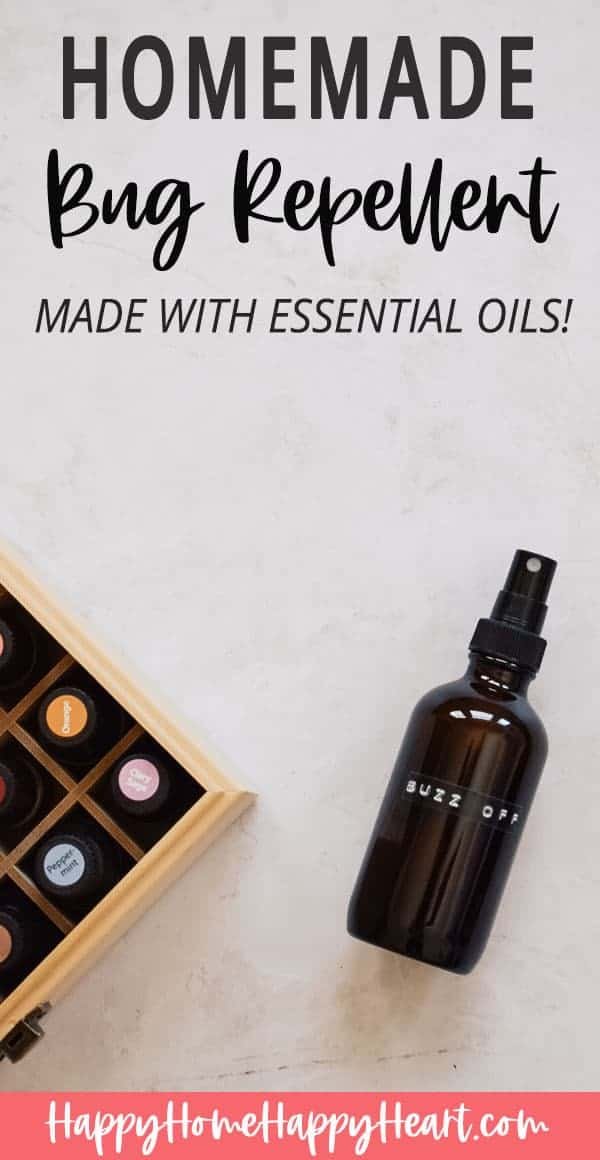
Get the full details and instructions on how to make it at Easy Homemade Mosquito Repellent Spray. Stay bug-free the natural way!
2. Effective Homemade Essential Oil Mosquito Repellent
Discover a homemade essential oil mosquito repellent recipe that actually works! Made in a Pinch shares a natural solution to keep those pesky mosquitoes at bay. This DIY repellent combines the power of essential oils with simple ingredients for an effective bug deterrent. Say goodbye to chemical-laden sprays and try this all-natural option for a bug-free experience.

Check out the full recipe and instructions at Bugs Away: Homemade Essential Oil Mosquito Repellent That Works.
3. Protect Yourself Naturally: All-Natural Bug and Tick Repellant
Our Oily House presents an all-natural bug and tick repellent recipe using essential oils. Say goodbye to chemical-filled options and embrace this safe and effective DIY solution. Learn how to create a powerful repellent using natural ingredients that will keep bugs and ticks away during outdoor adventures.
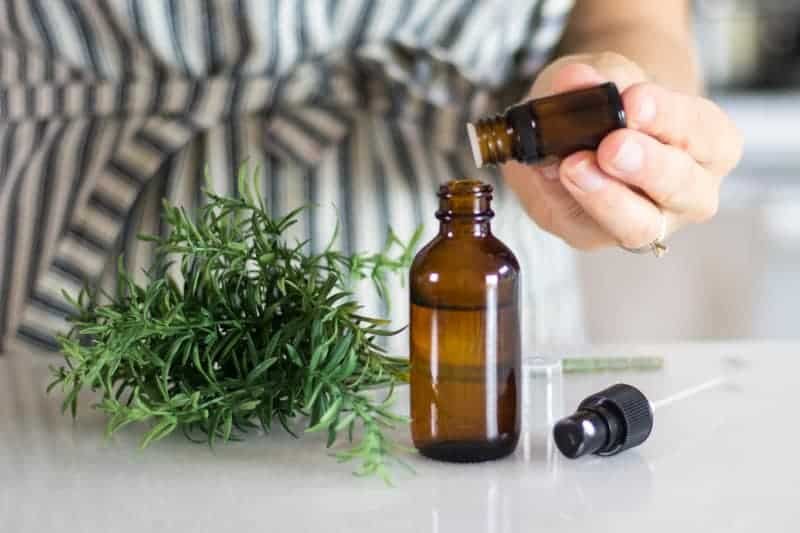
Get the full details and step-by-step instructions at All-Natural Bug and Tick Repellant with Essential Oils.
4. Budget-Friendly Homemade Bug Repellent Recipe
Penny Pinchin’ Mom shares an easy and budget-friendly homemade bug repellent recipe. Protect yourself and your family from bothersome bugs without breaking the bank. This DIY solution uses readily available ingredients to create an effective bug repellent spray.
Say goodbye to expensive store-bought options and make your own repellent by following the step-by-step instructions at Homemade Bug Repellent.
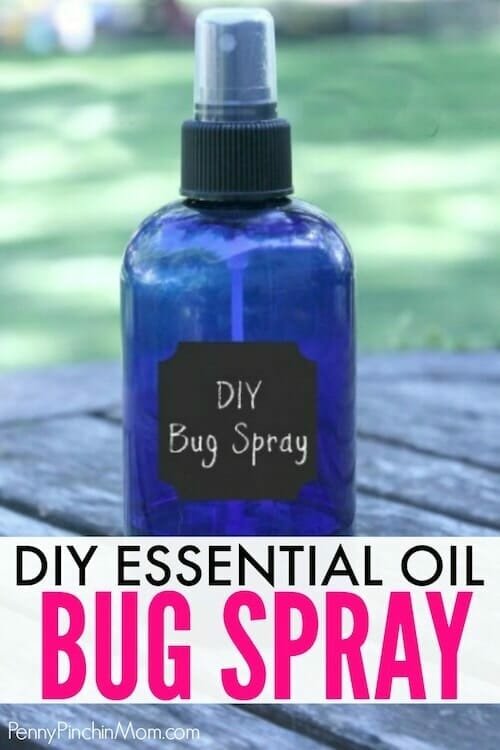
5. DIY Bug Repellent Spray for a Pest-Free Environment
Just the Woods presents a DIY bug repellent spray recipe to help you maintain a pest-free environment. This homemade spray is crafted with natural ingredients, including essential oils, to keep bugs at bay. Ditch chemical-laden sprays and opt for this eco-friendly alternative.
Discover the full recipe and instructions at DIY Bug Repellent Spray and enjoy the outdoors without pesky interruptions.

In conclusion, making your own DIY bug spray with essential oils is a great way to repel bugs naturally while avoiding harmful chemicals. By using the right carrier oils and a blend of essential oils, you can create a bug spray that’s safe and effective for your skin. Not only will you be protecting yourself from pesky bugs, but you’ll also be able to enjoy the added benefits of essential oils. Happy spraying!
Disclaimer: The contents of this website are for informational purposes only and do not constitute medical advice; the content is not intended to be a substitute for professional medical advice, diagnosis, or treatment. Always seek the advice of a physician or other qualified health provider with any questions you may have regarding a medical condition.

